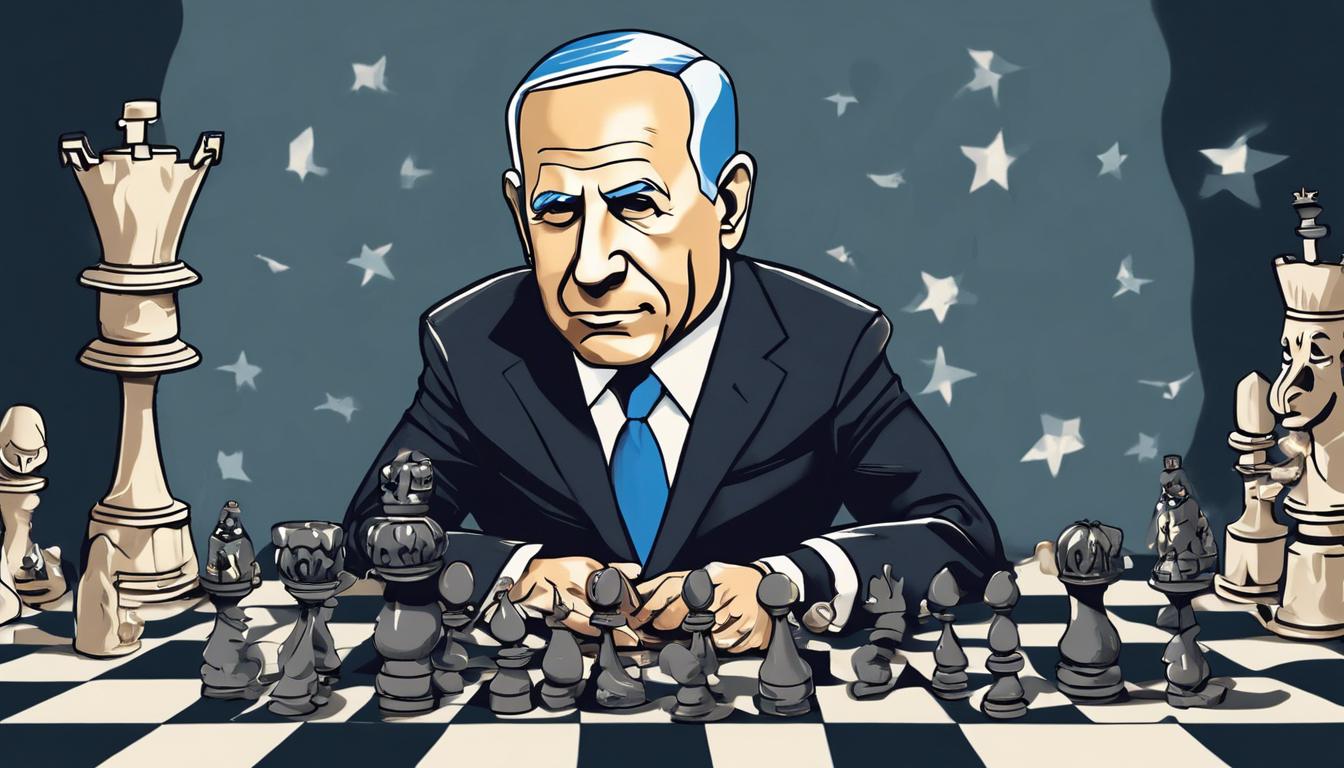Israeli Prime Minister Benjamin Netanyahu’s defense against Hamas and refusal to consider a two-state solution has led to public discord with US President Joe Biden, raising concerns over the future of US-Israel relations and potential implications on regional stability and international politics.
Israeli Prime Minister Benjamin Netanyahu’s defense of his country’s actions against Hamas has led to a public clash with US President Joe Biden, marking a significant moment of tension between the two leaders. In an address to the American Israel Public Affairs Committee, Netanyahu stood strong on Israel’s position despite Biden’s criticisms concerning civilian casualties and the hindrance of a Palestinian state. This discord has raised concerns over the impact on US-Israel relations, especially given Netanyahu’s intent to maintain support from his far-right coalition partners, potentially risking crucial US aid.
The US has faced calls to reevaluate its support for Israel, particularly in light of Netanyahu’s refusal to consider a two-state solution and his aggressive military strategies. Biden is under pressure to leverage American influence to encourage a shift in Israeli policies. This includes considerations of conditioning military aid, endorsing UN ceasefire resolutions, and imposing sanctions on extreme Israeli ministers.
Furthermore, Israel has dismissed South Africa’s request at the International Court of Justice for emergency measures to address the starvation crisis in Gaza, which the United Nations food agency warns could lead to a famine in northern Gaza. Israel’s stern rejection of the accusations that it is violating the Genocide Convention through its actions in Gaza adds another layer of international scrutiny.
In domestic US politics, the spotlight is on the Ohio primary as former President Donald Trump’s endorsement of Senate candidate Bernie Moreno underscores Republican infighting. Trump’s involvement highlights the significant divisions within the party and sets the stage for a keenly observed electoral battle.
Amidst these developments, Biden has directly warned Netanyahu against launching an assault on Rafah in Gaza, emphasizing the need to address the humanitarian crisis and avoid further civilian casualties. This conversation reflects the complex dynamics at play, including international efforts to mediate a ceasefire and ease the ongoing conflict. As Netanyahu remains committed to a firm stance against Hamas, the international community watches closely, recognizing the profound implications for the region and the broader terrain of geopolitical alliances.













